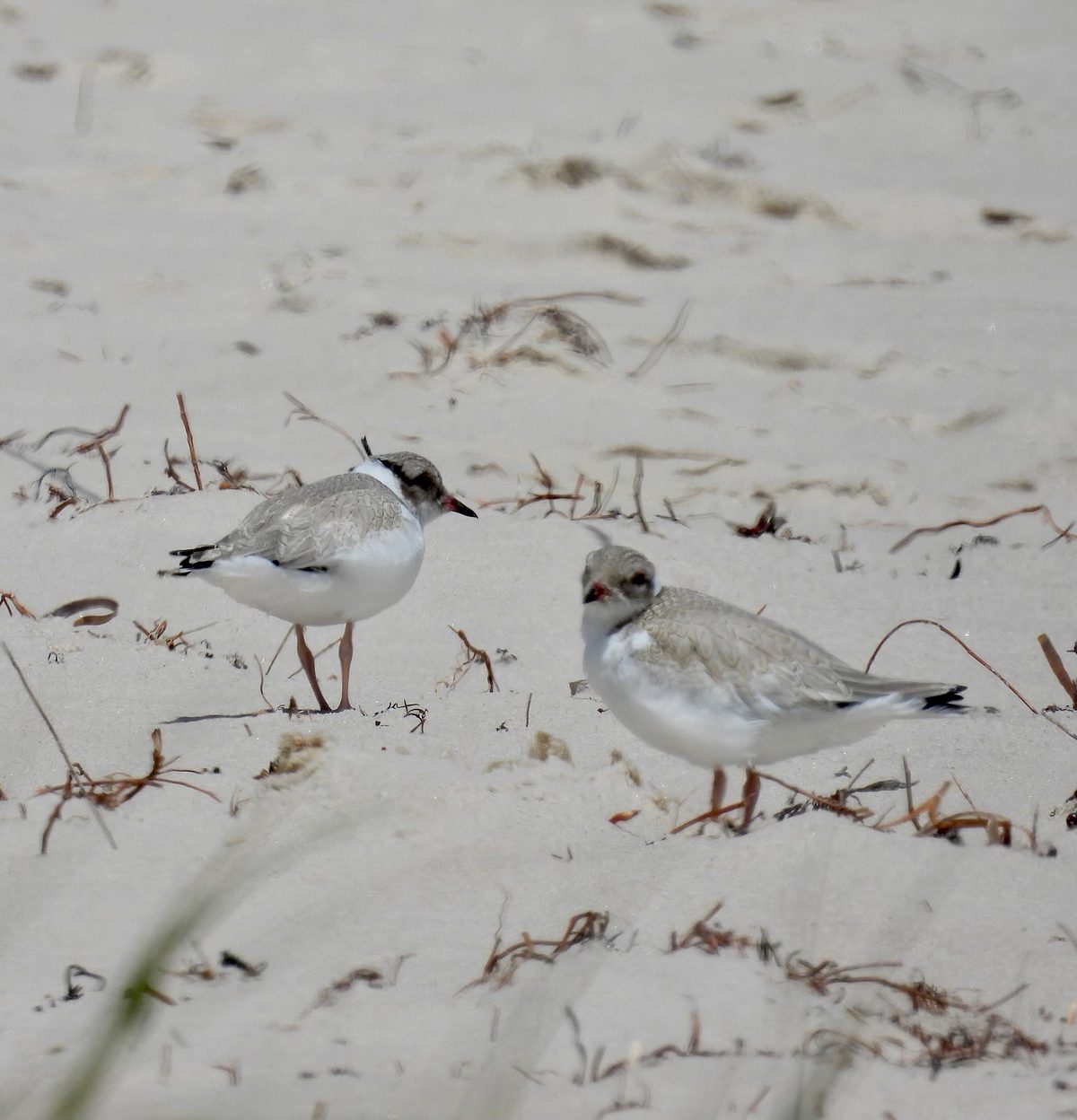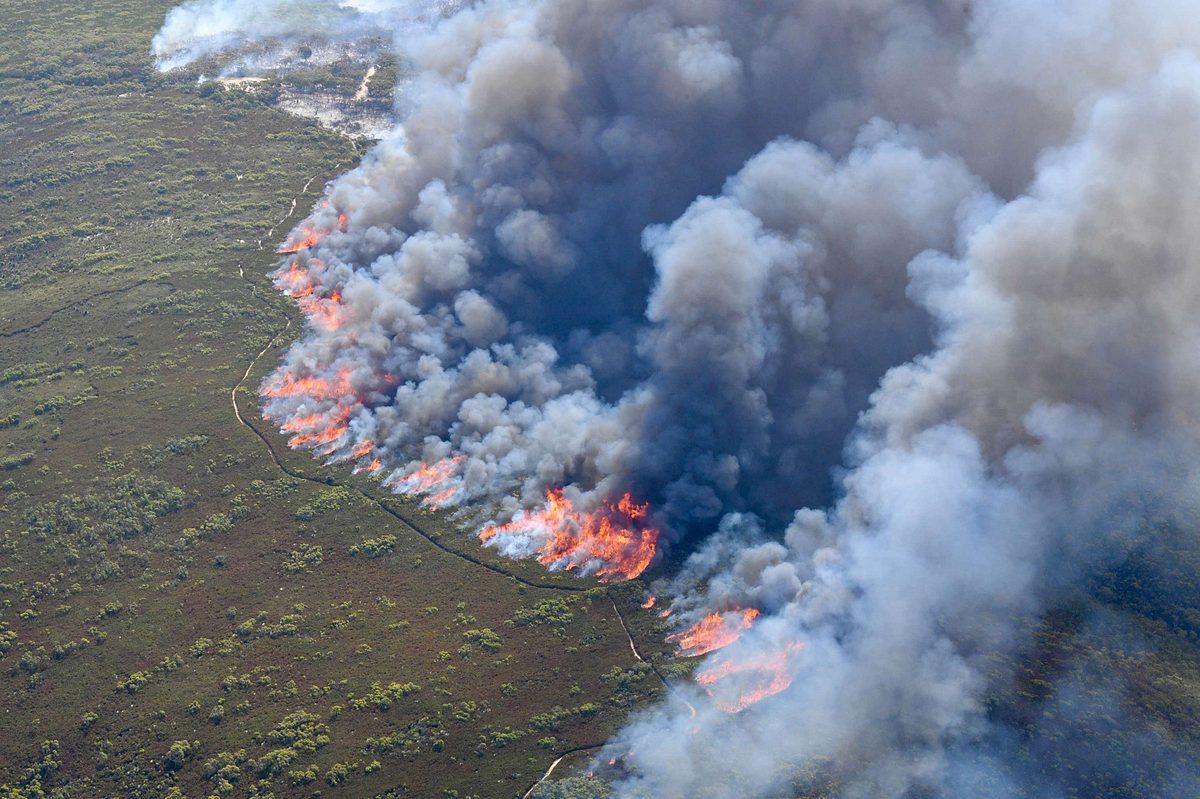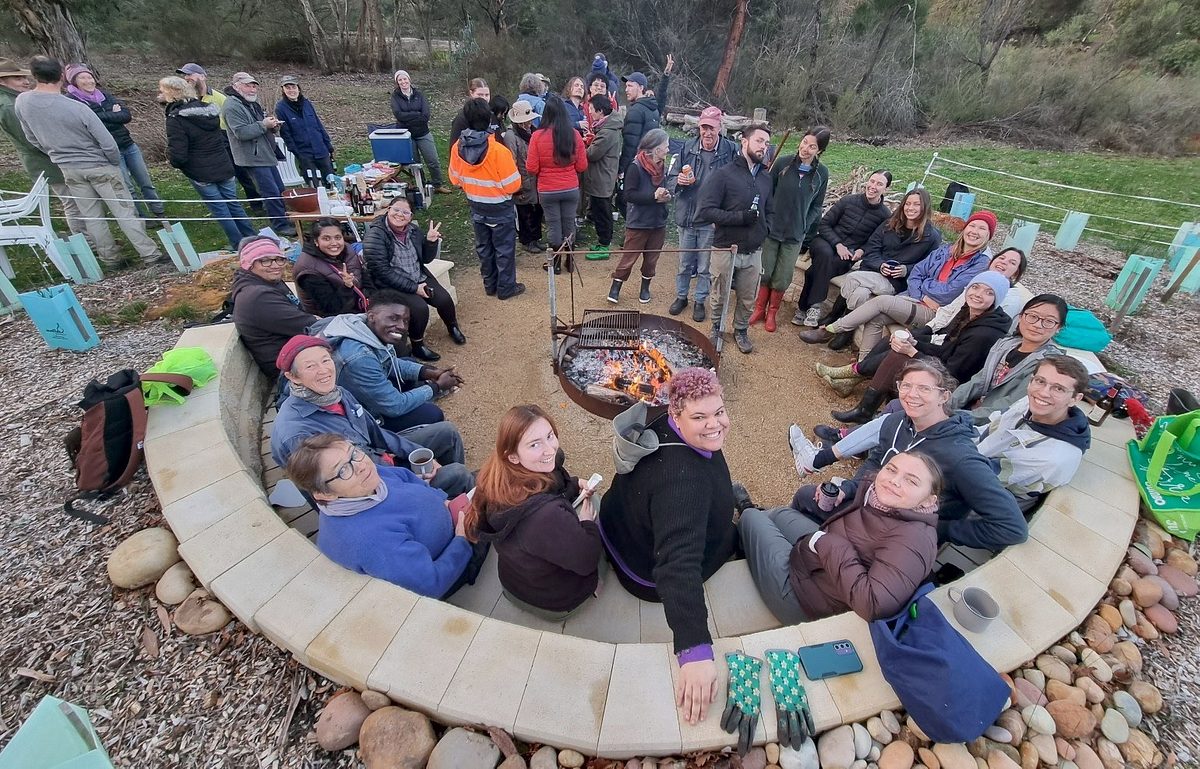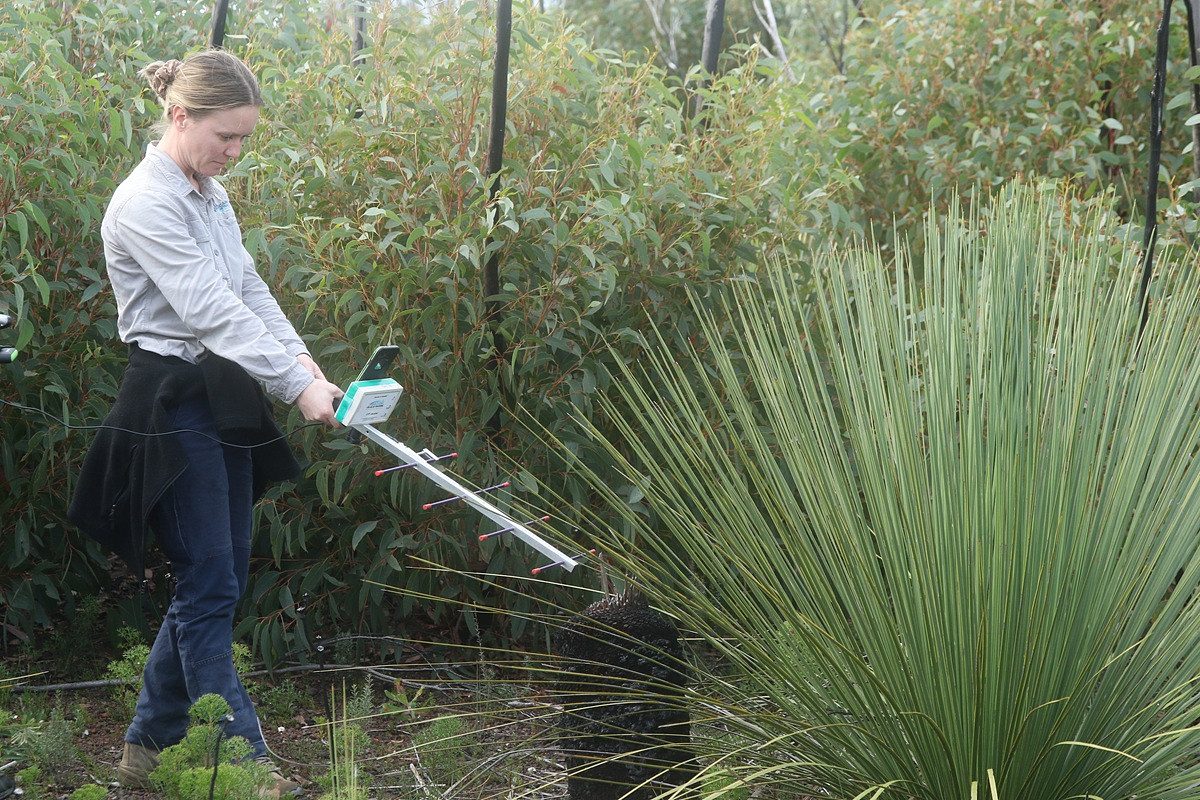Cracking season for Carrickalinga hoodies
Have you ever seen the signs or fenced-off areas on the beach announcing hooded plover nesting sites? Or maybe you’ve had a chat with a helpful BirdLife Australia volunteer as they monitor the sensitive sites and spread the word about looking out for Australia’s most vulnerable beach-nesting bird?
These important measures have resulted in success for the hooded plovers at Carrickalinga Beach as two chicks have successfully grown up and fledged – for the first time in seven years!
Landscapes Hills and Fleurieu, Green Adelaide, BirdLife Australia, local councils and a dedicated team of more than 80 volunteers work along the Adelaide metropolitan and Fleurieu coastlines through the summer to install temporary fencing at nesting sites, raise awareness of beachgoers and monitor the progress of nesting pairs and their chicks.
From the moment the parent birds decide where to nest and lay eggs, they are in constant threat from foxes and off leash dogs, human disturbance, vehicles on beaches, rubbish and even high tides! Life is tough on the beach so reaching the age of fledging – when the chicks are able to fly at around five weeks old – is a celebration.
These two fledglings at Carrickalinga are part of the 16 chicks that have successfully made it to fledging age across metropolitan Adelaide and Fleurieu beaches this breeding season.
Landscapes Hills and Fleurieu’s Coast and Marine Project Officer Caroline Taylor was optimistic that the birds may have cracked the Carrickalinga code and may even be breeding earlier to compensate for spring/summer storm surges.
“We’ve lost so many hoodie nests and chicks from Carrickalinga Beach in recent years. The species face many threats including pest animals, human activity, including cars on beaches and dogs off-lead, and high tides as a result of storm surges.
“We saw the earliest start to the breeding season tin 2023, meaning the chicks had time to grow and fledge before we experienced our typical storm surges in late spring/early summer. This no doubt put them in good stead. Whether it was a deliberate strategy from the hoodies, we can’t say for sure, but it’s a great outcome.
“Even when the hoodies do get it right, their chances of survival are greatly increased through the dedication of the hooded plover volunteers who monitor the birds and their threats along our coast, they’re amazing,” said Caroline.
Green Adelaide Team Leader Coast and Seas Tony Flaherty commended the volunteers and partners up and down the Fleurieu and metropolitan coast in the way they have collaborated towards the positive result.
“It’s a fantastic model, the way that our neighbouring landscape boards, councils, volunteers and the BirdLife Australia team are all working in sync for the same purpose. While the beaches sit in different ‘regions’, we care for the birds as one population and this approach is helping us fund and resource the program really efficiently.
“We also thank beach-users for their care and respect around nesting sites, by following signage on the beach– staying away from fenced nesting areas, walking at the waterline, and ensuring dogs are on leads. We also appreciate the respect shown to our amazing volunteers, they are self-less in their dedication and love meeting different people on the beach to raise awareness about the hoodies,” he said.
Learn more about hooded plovers in the region.
The Hooded Plover program is part of BirdLife Australia’s national beach-nesting bird program and is supported regionally by Green Adelaide, Landscapes Hills and Fleurieu, local councils and volunteers.




